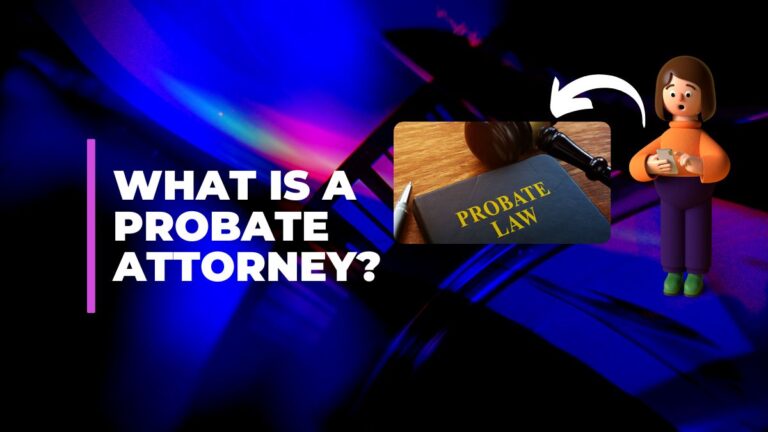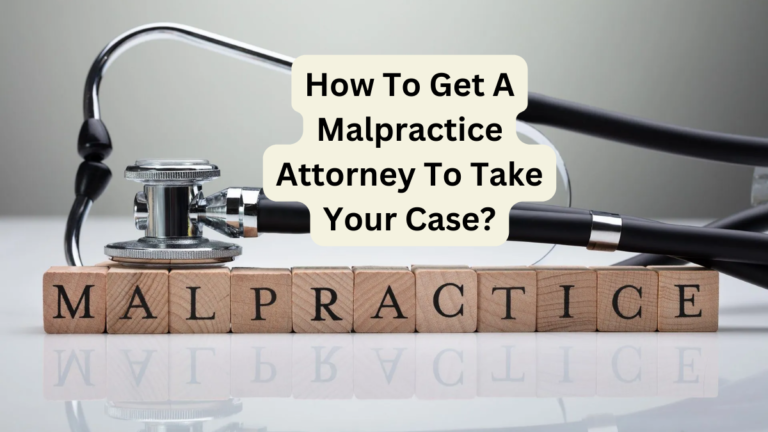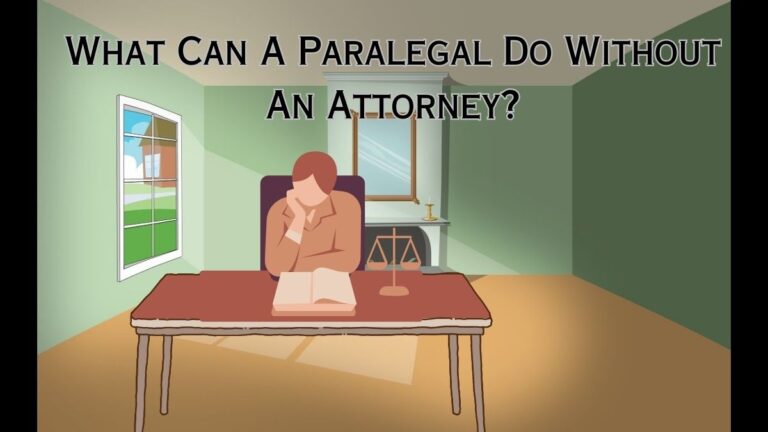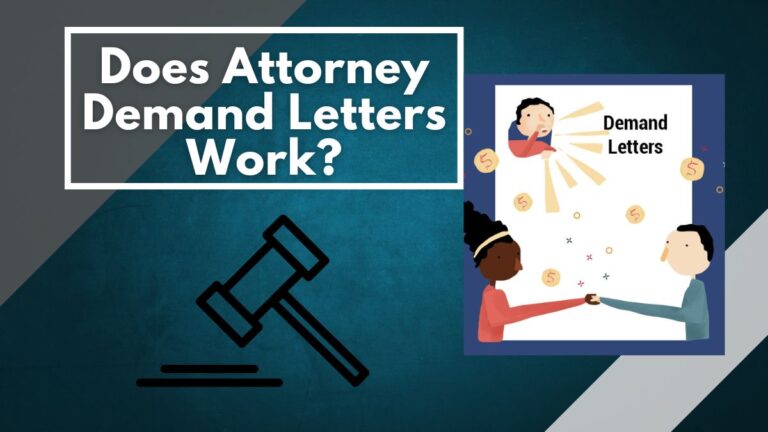Who Pays Attorney Fees In Child Custody Cases?
“Child Custody Cases can be emotionally charged battles, where parents fight tooth and nail to secure the best outcome for their children. Amidst all the legal complexities involved, one pressing question often arises: who foots the bill for attorney fees?
In this blog post, we delve into this critical issue to shed light on the various factors that determine who pays in child custody cases. So whether you’re a concerned parent embarking on a custody battle or simply curious about how these expenses are handled, keep reading as we unravel the mystery behind attorney fees in child custody cases.”
What is Child Custody?
Child custody is a legal term that refers to the rights and responsibilities of parents with regard to their children. Under state law, each parent has a primary right to custody of their child, unless the court finds compelling reasons why the child should not have primary residence with one parent. The terms “primary residence” and “joint custody” are often used interchangeably in child custody cases, but they are actually two different concepts.
A child’s primary residence is where they spend the majority of their time, while joint custody means that both parents have an equal say in the decision-making process regarding the child’s upbringing.
The courts usually award custody to the parent who can demonstrate a greater ability to provide a healthy and stable home for the child. This responsibility generally falls on the mother in most cases, although it can also be shared by fathers in some instances.
In order to secure permanent custody, a party must typically provide strong evidence demonstrating that he or she is better equipped to care for his or her children than the other parent. Courts may also award joint custody if one spouse has demonstrated an ability to cooperate with parenting plans and abide by court orders.
If one party fails to meet his or her obligation under court orders, that party may be subject to sanctions including attorney fees. These fees are typically borne by the party who failed to comply with court orders, although there are some circumstances in which attorneys for either party may be required to cover these expenses. Attorney fees can be a significant
Who Pays Attorney Fees in Child Custody Cases?
In most states, the court will order one of the parties to pay attorney fees in a child custody case. The party who is ordered to pay the fees may be the parent who is seeking custody of the child, or the other party to the case, such as the custodial parent’s former spouse.
If you are seeking custody of your children and you cannot afford an attorney, you may be able to get help from a Legal Aid Society or a government-appointed lawyer. In some cases,the noncustodial parent may have to pay part of your attorney’s fee if he or she is found guilty of wrongfully denying you access to your children.
Factors That Affect Who Pays Attorney Fees
The factors that affect who pays attorney fees in child custody cases can be extremely complex and varied, depending on the specific case. Generally, the party who is ultimately responsible for paying attorney fees in a child custody case is the person who obtained or retained the custody order. In some cases, however, one of the parents may be required to pay attorney fees if he or she has been neglectful or delinquent in carrying out his or her parenting responsibilities.
Other factors that can affect who pays attorney fees in a child custody case include:
- The financial resources of the parties involved
- The amount of time and legal work expended by each party
- Whether either party was represented by an attorney at any stage of the proceedings
Conclusion
The question of who pays attorney fees in child custody cases can be a contentious one. On the one hand, many people believe that the party responsible for causing the breakdown in the relationship (usually the father) should foot all of the bills.
On the other hand, others believe that it is unfair to put an entire financial burden on one party when there may be legitimate reasons why things went wrong. Ultimately, it is up to each individual family law court to decide who will bear attorney fees and costs in a given case.






